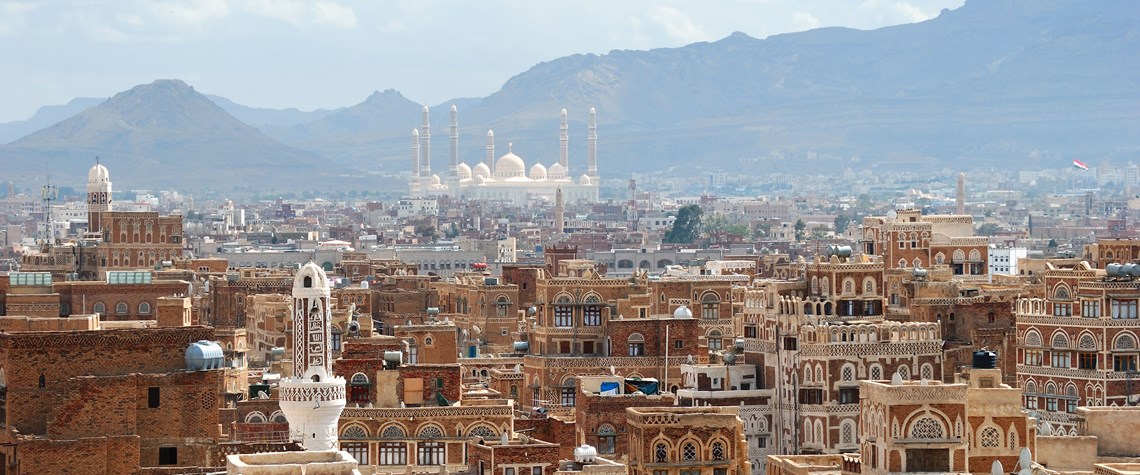In the aftermath of the Houthis' killing of Ali Abdullah Saleh, Yemen's former president, only one thing seems certain: the chances of an early negotiated end to the conflict have faded still further. A lot happened in a short space of time. Saleh decided a few days ago to exploit recent differences with his former allies, the Iran-backed Houthis, and offer an olive branch to Saudi Arabia.
Since 2015, a Saudi-led Arab coalition has conducted a war against both the Houthis and Yemeni army units loyal to Sale. This began when the rebels took over the capital, Sanaa, and forced the internationally recognised president, Abdrabbuh Mansur Hadi, to flee.
Saleh's recent appeal for Saudi support against the Houthis seemed to offer hope of a breakthrough because the kingdom responded favourably. Saudi jets backed Saleh's forces in battles for control of Sanaa. But the Houthis struck back hard, capturing some key positions held by Saleh's forces, and then killing the former president.
Saudi Arabia and the UAE will interpret the Houthis' targeting of Saleh as a deliberate escalation of the conflict—one that the Sunni Gulf allies regard as essential to block Iranian/Shia expansion in the region. Saudi-led aerial attacks are certain to be stepped up, while the Houthis, emboldened by their success in Sanaa, won't be in the mood for talking.
An extended military campaign means an extended period when Yemen's oil and gas sector remains out of action. While a trickle of oil continues to be exported through the south, the main fields remain shut in. So too does the liquefied natural gas plant at Balhaf on the Arabian Sea.
There's also a possibility that global energy supply might be disrupted-if the Houthis carry out threats to fire missiles to hit targets in Saudi Arabia and the UAE, and shipping in the Red Sea. It was the launch of a missile towards Riyadh airport last month that prompted the Saudis to end attempts to woo the Houthis away from Saleh and seek a peace deal with them.
Saudi Arabia faces an open-ended future of huge military expenditure to finance the Yemen war. The conflict is a massive drain on public finances. As a result, the kingdom is likely to do all it can to persuade Opec and non-Opec producers to take whatever measures are needed to keep oil prices as high as possible.
So, the killing of Saleh could have huge consequences-and not just for Yemen and its energy sector. Expect even greater tension between Saudi Arabia and Iran, and an increasingly nervous global oil market.








Comments